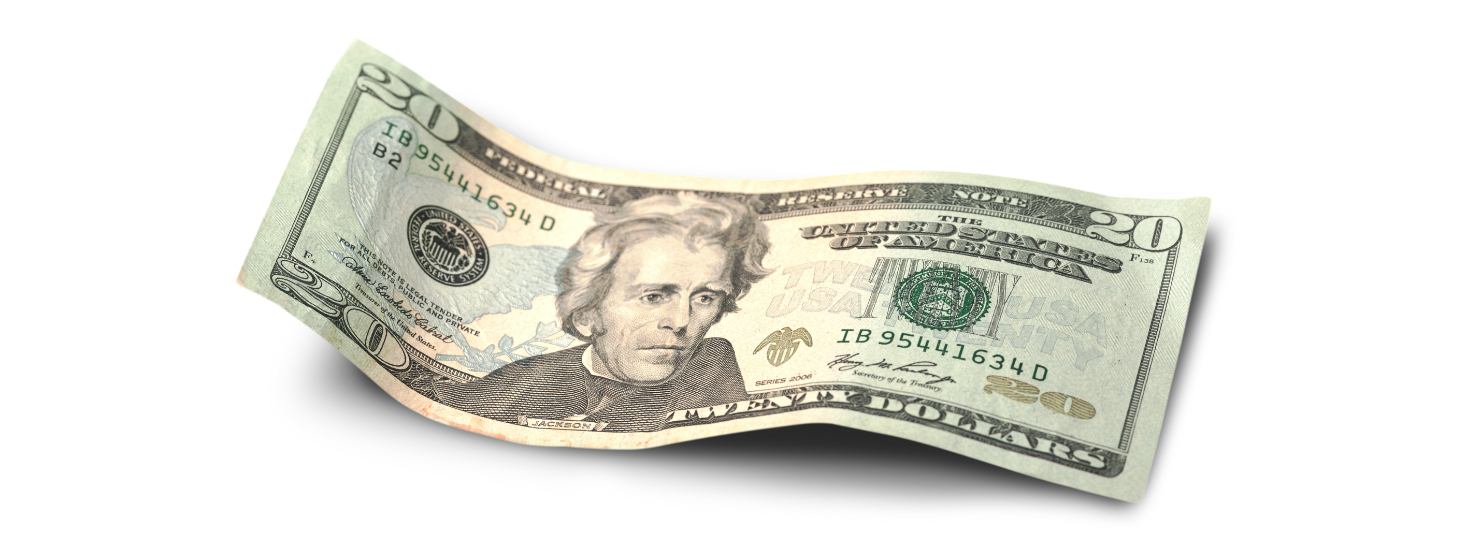Editor’s Note: From time to time, articles are sent to us that we think could be helpful to our members and friends. Mr. Keusel offers a money course for which this article is a good introduction.
However, use of such information, product, or service is voluntary, and reliance upon it should only be undertaken after independent review. The views of non-CHEWV services, products, or events are not endorsed by, nor do they necessarily represent, the values of CHEWV.
One of the toughest decisions a Christian homeschooling parent must make is where to focus during the high school years of our sons and daughters. Now that they’re learning to reason and think critically, a more careful study of God’s word is certainly an appropriate subject for deeper study.
Studying finances is also essential. As we head into 2025, how we can honor Him, individually and as a nation, regarding our money? It’s a topic our young adults desperately need to understand. Financial topics to explore include:
- What are the origins of money, and why does this matter?
- Are some kinds of money better than others?
- Why do the dollar bills I carry have any value?
- What exactly is inflation, what are its causes, and how will this impact my ability to buy a home?
- What does the Bible say about interest and usury, and how does it apply to me?
- Is the Federal Reserve a biblical institution, or is it a cause of America’s financial problems?
Our current money system breaks God’s commandments, so our nation is no longer enjoying His economic blessings. We parents know something is wrong with our nation’s money, but we don’t know what’s behind it or how to untangle the mess, so we aren’t equipped to teach it to our children. Believe it or not, God gave us direction in Genesis, Exodus, Leviticus, and Deuteronomy about what our money should be, what sound banking should look like, and how to avoid inflation.
In the beginning, God created… well, everything. And He said all of it was good. But for some reason He singled out one of those good things in the second chapter of Genesis: “Now a river went out of Eden to water the garden, and from there it parted and became four riverheads. The name of the first is Pishon; it is the one which skirts the whole land of Havilah, where there is gold. And the gold of that land is good.” (Gen. 2:10-12)
By the 23rd chapter of Genesis, we read of silver being used in financial transactions. “And Ephron answered Abraham, saying to him, ‘My lord, listen to me; the land is worth four hundred shekels of silver. What is that between you and me? So bury your dead.’ And Abraham listened to Ephron; and Abraham weighed out the silver for Ephron which he had named in the hearing of the sons of Heth, four hundred shekels of silver, currency of the merchants.” (Gen. 23:14-16)
Over time, people figured out that if they were going to live in community with one another, they’d need a medium of exchange that was durable, portable, recognizable, divisible, and scarce. Gold and silver both qualify; in fact, it’s possible that God made these elements primarily for the purpose of being good, honest money.
But isn’t the paper money we carry with us in the 21st century “as good as gold”? Most certainly not. As recently as 1907, you could have read this promise on your money: “This certifies that there have been deposited in the Treasury of the United States of America ten dollars in gold coin payable to the bearer on demand.” Now pull a dollar bill out of your pocket and read what it says today: “This note is legal tender for all debts, public and private.” No promise to pay, and no mention of any gold or silver on reserve anywhere.
What’s the big deal? Does God care? When He gave us His law thousands of years ago, it included specific rules about not cheating or misrepresenting in business deals: “You shall not have in your bag differing weights, a heavy and a light. You shall not have in your house differing measures, a large and a small. You shall have a perfect and just weight, a perfect and just measure, that your days may be lengthened in the land which the Lord your God is giving you. For all who do such things, all who behave unrighteously, are an abomination to the Lord your God.” (Deut. 25:13-16) Or, if you prefer the shorter version: “You shall not steal.” (Ex. 20:15)
Most teens can identify Thomas Jefferson as the author of the Declaration of Independence and Alexander Hamilton as the first Secretary of the Treasury. But very few high school students know of the fierce battle between Jefferson and Hamilton over the creation of a central bank. Was this idea even constitutional, and what harm could possibly come from its adoption?
Hamilton argued in favor of the First Bank of the United States, while Jefferson called it “more dangerous to our liberties than standing armies.” And Jefferson was very familiar with the danger of standing armies.
Unfortunately, Hamilton prevailed in this battle, and the ultimate result was the creation of the Federal Reserve in 1913. This central bank assumes the power to create money out of nothing, which only God can rightfully do. The Federal Reserve is always at the scene of the crime: fueling economic booms and busts (including the Great Depression), facilitating unbiblical federal borrowing, and robbing us of our savings through the insidious hidden tax: inflation.
As parents of Christian teens, we must acknowledge that these are not irrelevant topics – in fact, it’s crucial that our sons and daughters understand them and are able to reason biblically about them.
What would it look like if America used biblical money? Is there hope of ever escaping our current financial mess and returning to a solid foundation? Yes! Using God’s word as our guide, we can rediscover the right path and enjoy God’s blessing on our land once again.
__________________________________
Andy Keusal is a Christian husband, homeschooling father of ten, commercial banking trainer, and the creator of the new video course, Biblical Money: A Biblical View of Money, Inflation, and Banking. More info at www.biblical-money.com.





Recent Comments